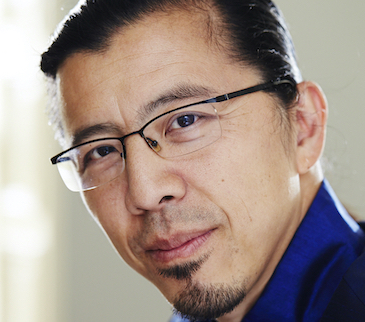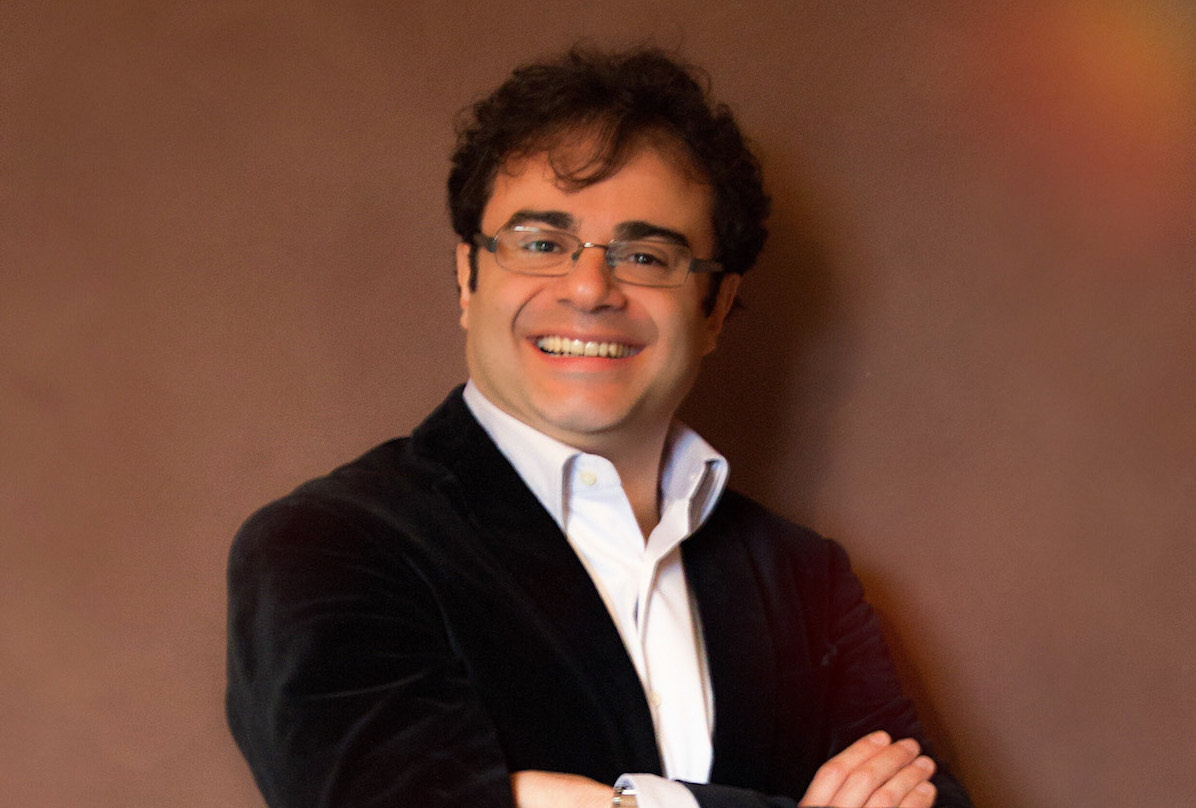When I was finishing my conservatory degree at 18, I felt that something was wrong. Until that moment, although I did not recognize it at the time, I played only by instinct. My instinct was good, but instinct is not enough. In general, instinct works well when you are young and maybe don’t think a lot but just do. When you start to become an adult, relying on instinct becomes more difficult. The transition that happens when you finish your degree and find yourself alone, without the protection you had as a student at your conservatory or music school, is hard. It changes the way you think.
I realized that I wanted to change how I was playing and the sound I was getting but didn’t have a clear idea of why or what to fix. A lot of people, when confronted with this kind of existential musical crisis, will break down. It’s a critical moment, though, because if you pass through this doubt, you continue to grow as a professional musician. By contrast, if you stop or keep doing what you were already doing, you will not progress further. The danger in such situations is that you risk losing yourself. You want to play better, but you still don’t know how to play better. You simply feel that you need something else.
Once doubt is introduced into your playing, you start to lose your musical instincts. That loss causes further problems because our best playing comes from a careful balance between our instinct and logic. It’s not good to be only logical, or only instinctive. But without instinct, you are losing the most engaging part of yourself, because talent is in our instinct, not in our logic. So in that moment, rather than confronting the nebulous problems I couldn’t identify in my playing, I initially felt it was better to continue playing as I had before. It wasn’t exactly what I wanted, but it was more personal than what I could find when casting around for a different way to play. Eventually, I realized that what I needed was a new set of tools.
In searching for these new tools, I had lessons and meetings with teachers and performers all over Europe. I worked with teachers in Italy, the UK, and France. I also had a long, fruitful interaction with Vladimir Ashkenazy, which was a special privilege because he’s not a teacher; he doesn’t give lessons or masterclasses. I started to process and combine all the information brought out by these teachers and pianist-teachers.
In the meantime, I recorded myself a lot and sought feedback from people I trusted to tell me the truth unshaded by envy or jealousy. I knew they appreciated me as a musician, and they started telling me, “it’s a pity that sometimes your sound has become so hard. The power is fantastic. You are powerful when you play, but it’s not round and projected.” Accepting critical feedback can be difficult when you are young, but as you grow up, it gets easier.
I started listening very carefully, both to great pianist recordings and the live example from my new pianist-teacher. The great thing about a pianist-teacher, that is, a teacher who has or has had a musical career, is that they can give you gorgeous live examples. Maybe they are more focused on teaching now and didn’t necessarily have a life-long career. But pianist-teachers are unparalleled in their sound quality and general approach to the keyboard. The sound my new teacher could squeeze out from the piano was something unbelievable.
As I contemplated the information and assistance I accumulated, I realized I was wasting time by thinking that playing challenging works required lots of muscle exercises. Playing the piano is not gymnastics. I didn’t notice exactly how much energy I was spending on all these exercises because I was young and thought that if the exercises weren’t helping me enough, that just meant I needed to do more of them. As I started to grow up, however, I became more skeptical. Not only were the exercises not helping as much as they should, but that style of playing was affecting the quality of my sound. Ever since, coordination, as opposed to brute force, has become a cornerstone of both my performing and my teaching.
You can read more about working on piano sound here.
Edited for length and clarity by Claire Thompson.
#practicing

Daniele Petralia
Italian pianist Daniele Petralia enjoys an active concert schedule worldwide. He has performed as a soloist with Sicilian Symphony Orchestra, Massimo Bellini Theatre Orchestra, Arad State Symphony Orchestra, Orchestra of the Settimane Musicali di Stresa Academy, Donetsk Symphony Orchestra, New World Philharmonic Orchestra of Montreal, Liepaja State Symphony Orchestra, Sydney Symphony Orchestra under the direction of Vladimir Ashkenazy .
He obtained multiple First and Second Prizes at National and Internation Piano Competitions including “Prix Saint-Vincent”, “Ibla Grand Prize”,“F.P.Neglia” of Enna, “V.Bellini” of Caltanissetta, and the “Grand Prize of Princess Lalla Meriem” the prestigious International Piano Competitions of “Meknès” in Morocco.



Comments are closed.